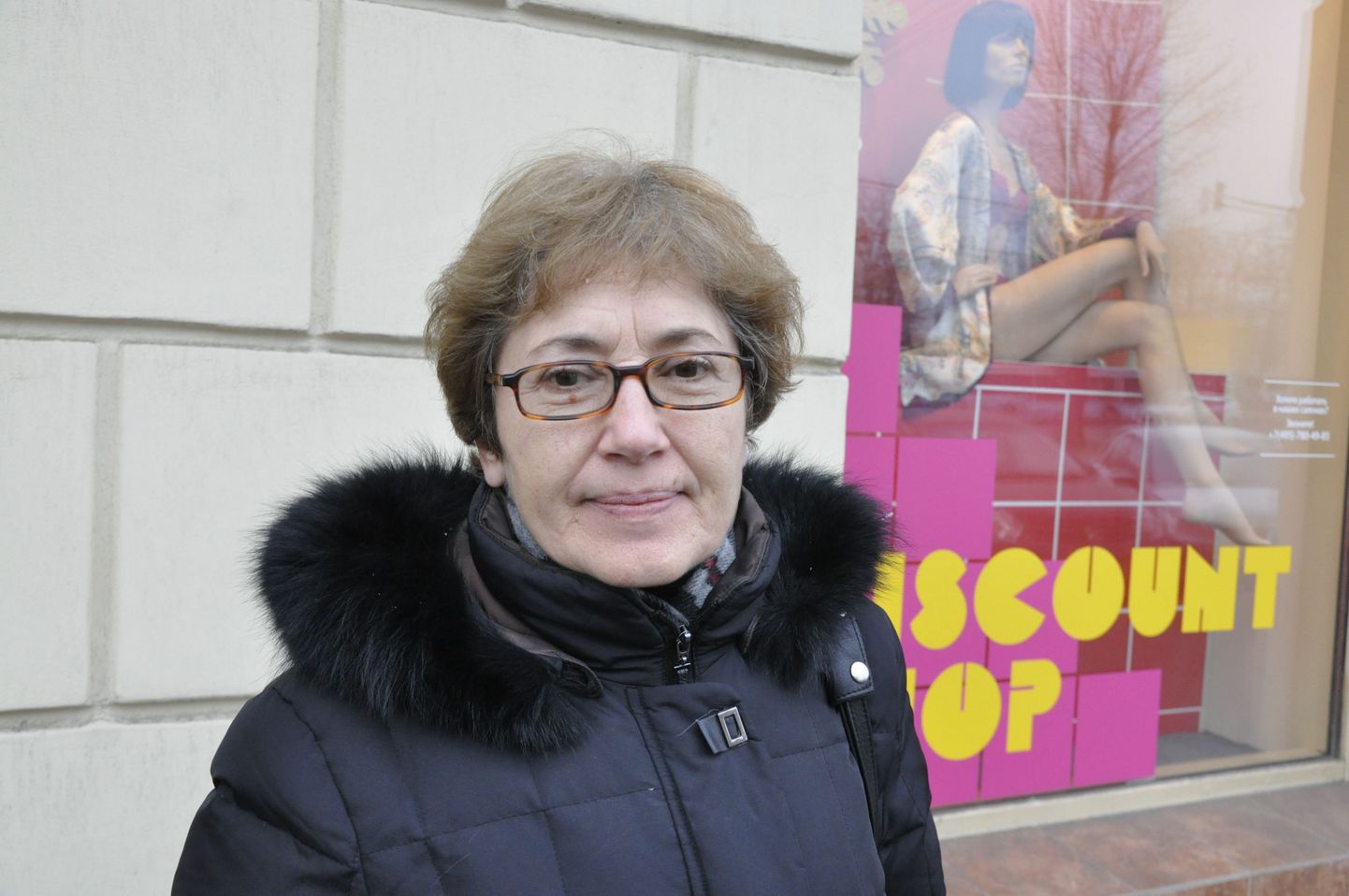The professor is not really predicting the «pot and pan marches» – this is the name, in Russia, for protest meetings with social demands raised. «For the common people to come out to the streets, the situation needs to sharply deteriorate, something extreme needs to happen,» she says. «A «pots and pans march» may only happen where the local authorities are extremely stupid.»
For Ms Zubarevich, rapid fall of the rouble is no such extreme, as the vast majority in the regions just don’t come into contact with foreign currency too much, and they never travel abroad; also, they do not have savings to worry about. As long as prices aren’t rising in the same breathtaking tempo as rouble’s rate regarding the dollar, for the authorities – having doused the nation in propaganda – all is fine.
«In the major cities, prices are rising faster than elsewhere at the moment; but, then, in smaller towns and in the countryside, people are much more price-sensitive,» says Ms Zubarevich.
For the time being, the Kremlin may rejoice that, in the regions, unemployment rise is not felt yet. That will happen next year, predicts the professor.
To fight growing unemployment, now the Kremlin clearly has less money than during the 2008/2009 crisis. Meanwhile, the powers are also wiser to avoid situations like the famed Pikalyovo incident. Experts agree that in the current situation, big business needs to be much more careful with lay-offs than five years ago.
